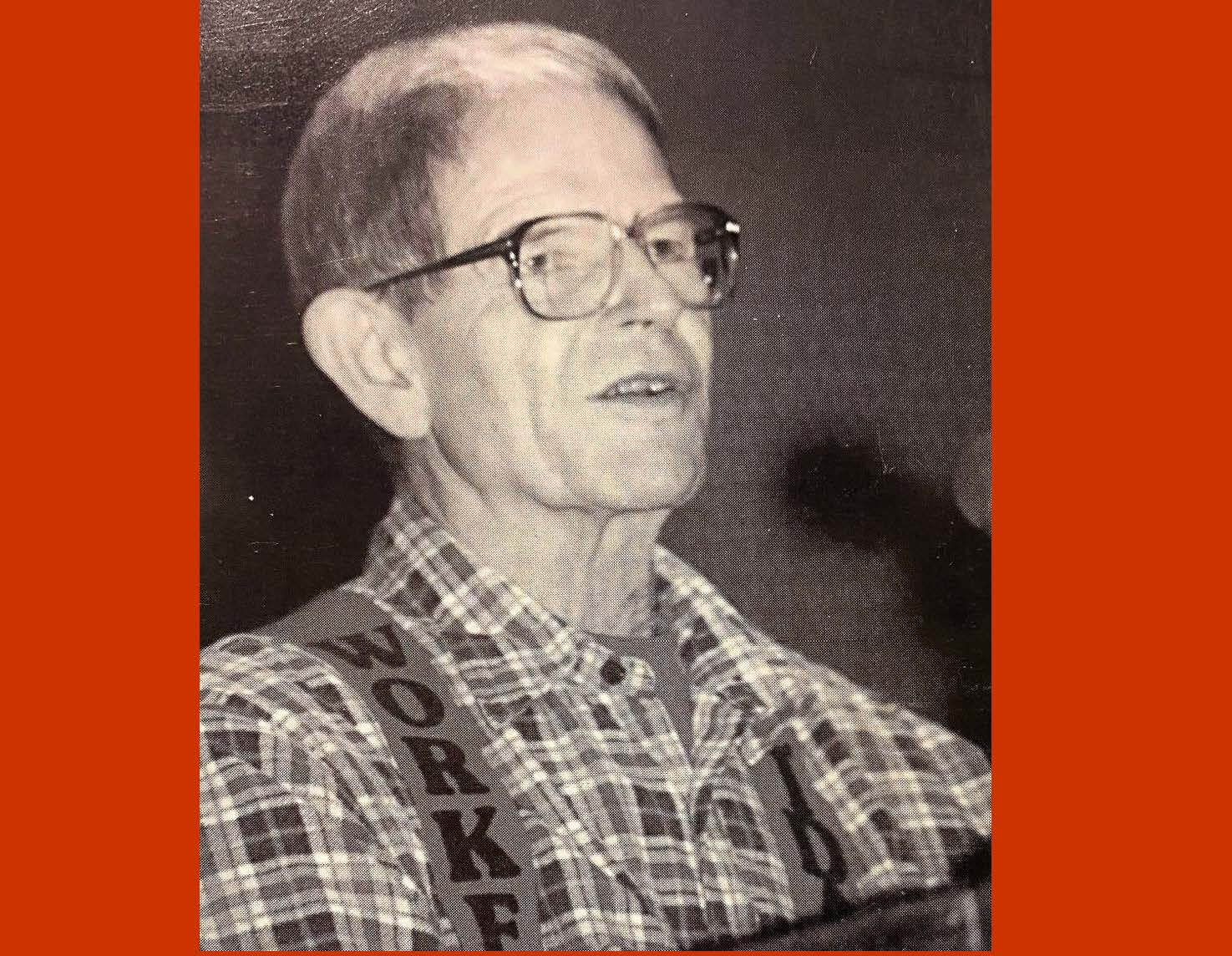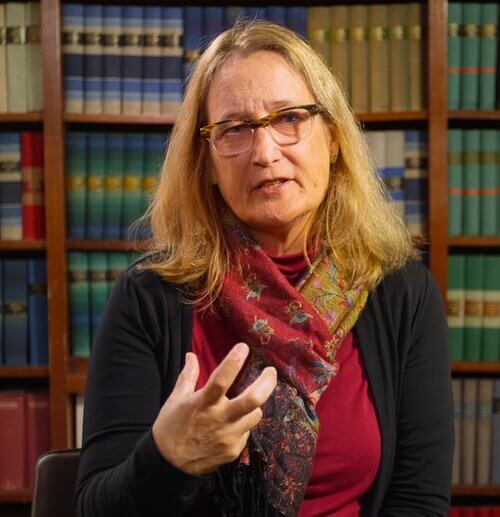Remembering Our Friend and Colleague, Professor David H. Bensman
A champion for workers, Bensman mentored two generations of future labor activists, organizers, and scholars during a 42-year career at Rutgers.
By Steve Flamisch originally published at Rutgers site

David H. Bensman, a respected professor and labor historian who retired last month as the longest-serving active faculty member in the Rutgers School of Management and Labor Relations, died on July 25. He was 70.
“David made a major contribution to scholarship on labor history specifically and the labor movement more broadly,” Dean Adrienne Eaton said. “But most importantly, he was a caring mentor and friend to dozens of labor studies students over the multiple decades of his career at Rutgers and made a significant difference in many lives. I am moved by the emails I’ve been receiving from many people who felt supported and cared for by David.”
An award-winning scholar with a passion for the printed page and a deep respect for workers and the dignity of work, Bensman wrote or co-authored seven books, three book chapters, and countless journal articles, reports, and opinion pieces. His 1987 book, Rusted Dreams: Hard Times in a Steel Community, co-authored by Roberta Lynch, examined how the decline of the American steel industry decimated one South Chicago neighborhood. It was nominated for a National Book Award.
“I was fortunate to have Dr. Bensman as my professor in the late eighties,” said Angelica Santomauro, who earned her Ed.D. at Rutgers in 1989. “I went on to co-teach a course with him and serve as a substitute for his class. He became a friend, mentor and supporter of the American Labor Museum, where I now serve as Director. David Bensman is truly one of the reasons why I fell in love with labor history, which changed my life’s course.”
Bensman, who lived in West Orange and worked in New Brunswick, also studied education reform, precarious work, and the history of the American hat-making industry. In recent years, his research focused on the misclassification of employees as independent contractors. His 2009 report, Port Trucking Down the Low Road: A Sad Story of Deregulation, revealed how owner-operator truck drivers, strapped for cash and unable to afford new rigs, sit in line for hours at the nation’s ports. The aging, idling trucks pollute the air in surrounding neighborhoods as the overworked drivers wait to pick up loads.
“Twelve-hour days without compensation for overtime have become the norm,” he wrote in a an article for The American Prospect. “Drivers skimp on maintenance, which causes their engines to emit excessive cancer-causing diesel particulates. An owner-operator may gross around $80,000, minus costs averaging $52,000, and take home perhaps $28,000 before taxes. All the risks are the driver’s.”
Putting his research into action, Bensman helped to organize the Coalition for Healthy Ports, a group of environmental, labor, faith, community, environmental justice, and business organizations that are fighting to make the ports of New York and New Jersey more sustainable.
But Bensman’s greatest contributions may have come in the classroom, where he helped to shape two generations of labor activists, organizers, scholars, and progressive political leaders.
He mentored Analilia Mejia, who went on to serve as executive director of the New Jersey Working Families Alliance and as national political director for Bernie Sanders’ 2020






